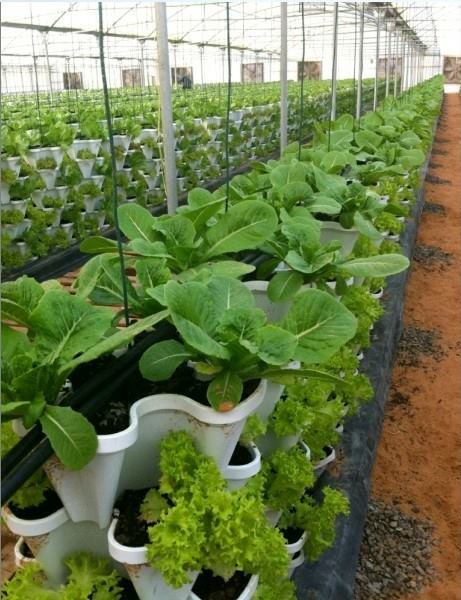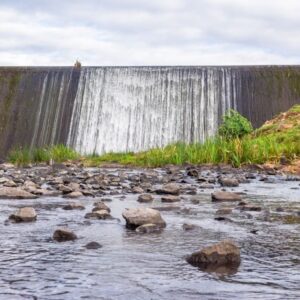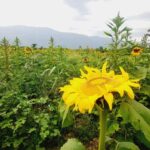
Uasin Gishu County has taken a major step towards climate-resilient agriculture by launching a pilot aquaponics system at Sosiani Farmers’ Cooperative Society (FCS). This innovative farming method integrates fish farming (aquaculture) with soil-free plant cultivation (hydroponics) to create a self-sustaining, water-efficient agricultural system.
Sustainable Farming for Food Security
The initiative is part of the Financing Locally-Led Climate Action (FLLoCA) program, designed to promote sustainable and profitable farming solutions. With unpredictable rainfall patterns and diminishing water resources, traditional farming methods are becoming less viable. Aquaponics offers an efficient and climate-smart alternative to boost local food production.
Government’s Commitment to Food Production
The launch event was officiated by Elphas Kesio, Chief Officer of Livestock, who emphasized the project’s alignment with the governor’s Nguzo No. 1 agenda on food security.
“Climate change has significantly impacted rainfall patterns, leading to food production challenges,” Kesio stated. “This aquaponics initiative is a direct response to these challenges, providing a sustainable solution for farmers.”
Educating Farmers on Aquaponics
Meshack Amai, Climate Change Unit Officer for Turbo Sub-County, highlighted the educational component of the project.
“The Department of Fisheries has provided extensive training in aquaponics, equipping farmers with the knowledge needed to maximize this farming method,” he said. “We encourage farmers to adopt these practices to enhance their livelihoods.”
How the Aquaponics System Works
The aquaponics system operates as a closed-loop cycle, where fish waste serves as a natural fertilizer for plants, and plants help purify the water for the fish. This method is highly water-efficient, using up to 90% less water than traditional farming, making it ideal for regions affected by water scarcity.
Key Benefits of the Aquaponics Initiative:
- Water Conservation: Uses significantly less water compared to conventional farming.
- Higher Yields: Produces both fish and crops, maximizing output.
- Sustainable & Eco-Friendly: Reduces dependence on chemical fertilizers and conserves natural resources.
- Climate Resilience: Ensures food production even in regions affected by erratic weather patterns.
- Increased Farmer Income: Provides an additional revenue stream through fish and vegetable sales.
A Step Towards Climate-Resilient Agriculture
The introduction of aquaponics in Uasin Gishu County marks a crucial milestone in climate-smart agriculture. By integrating this system into local farming practices, the county aims to enhance food security, mitigate climate change effects, and improve livelihoods.
As the initiative progresses, farmers are encouraged to embrace aquaponics as a sustainable, profitable, and environmentally friendly method to combat food shortages in the region.
For updates on this project and other climate-smart initiatives, stay connected with Uasin Gishu County’s Department of Agriculture.














